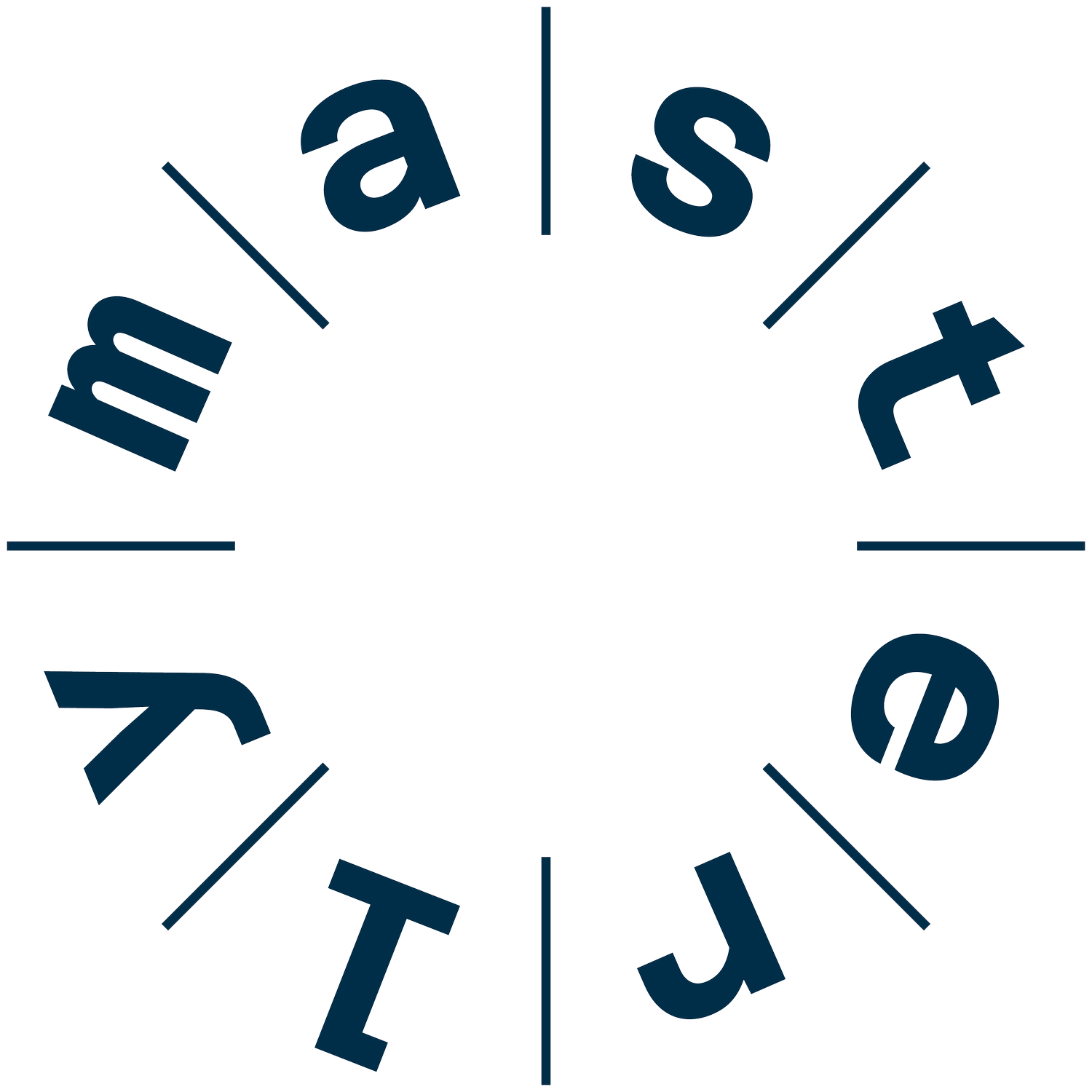Job Crafting: What it is, benefits and potential challenges!
Job crafting is a bottom-up, informal process whereby employees change the nature of their role through task crafting, relationship crafting and cognitive crafting. Task crafting refers to changing the number and scope of activities, cognitive crafting is reframing the nature of the role, and relationship crafting is changing with whom you interact and how often you interact with them.
What job crafting activities do you engage in?
There are many well-proven benefits to job crafting:
Positively impacts well being
Through job crafting employees find ways to meet their basic needs of autonomy, competence and relatedness
People who engage in job crafting and are more passionate about what they do
Bring more meaning to work
Peers rate those who job craft regularly higher in peer reviews than those who don’t
Increased job engagement and performance.
Job crafting is an effective way for employees to shape a role that matches their interests and strengths and allows individuals to spend more time with the people they love to work with.
Cognitive crafting can help people to find purpose and meaning in their work by seeing their work through a different lens.
For example, the janitor at NASA who was asked what he does there, responded with, ‘I am helping to send a man to the moon’, was engaging in cognitive crafting. Nurses have reported doing similar cognitive crafting by focussing on the patient experience and comfort rather than the specific tasks they are carrying out.
So with all the benefits, are there any downsides to job crafting?
Well if you engage in extensive task crafting and simply ignore or neglect critical work tasks this can negatively impact your own role performance and can increase colleague workload and conflict. You can also limit your own growth and make your own work less interesting by selecting to focus only on the desirable tasks. Research shows that our growth and engagement often comes from the more challenging tasks that we are initially not so keen to engage with.
The job crafting research overall supports job crafting as a technique to avoid burnout and support stress recovery.
How to make job crafting work for you:
Use task crafting to focus on activities that play to your strengths but still challenge you
Ensure you retain accountability for your full portfolio of work by developing others to take on new responsibilities
Take care that working with people you like doesn’t become exclusionary and make efforts to expand your working relationships
If you are continually engaging in job crafting it may be time to discuss the nature of your role with your manager - push for an official and permanent change to your job description
Beware of job crafting that is driven by extrinsic factors (such as colleague/manager pressure and performance targets). This can be more draining and lead to resentment

